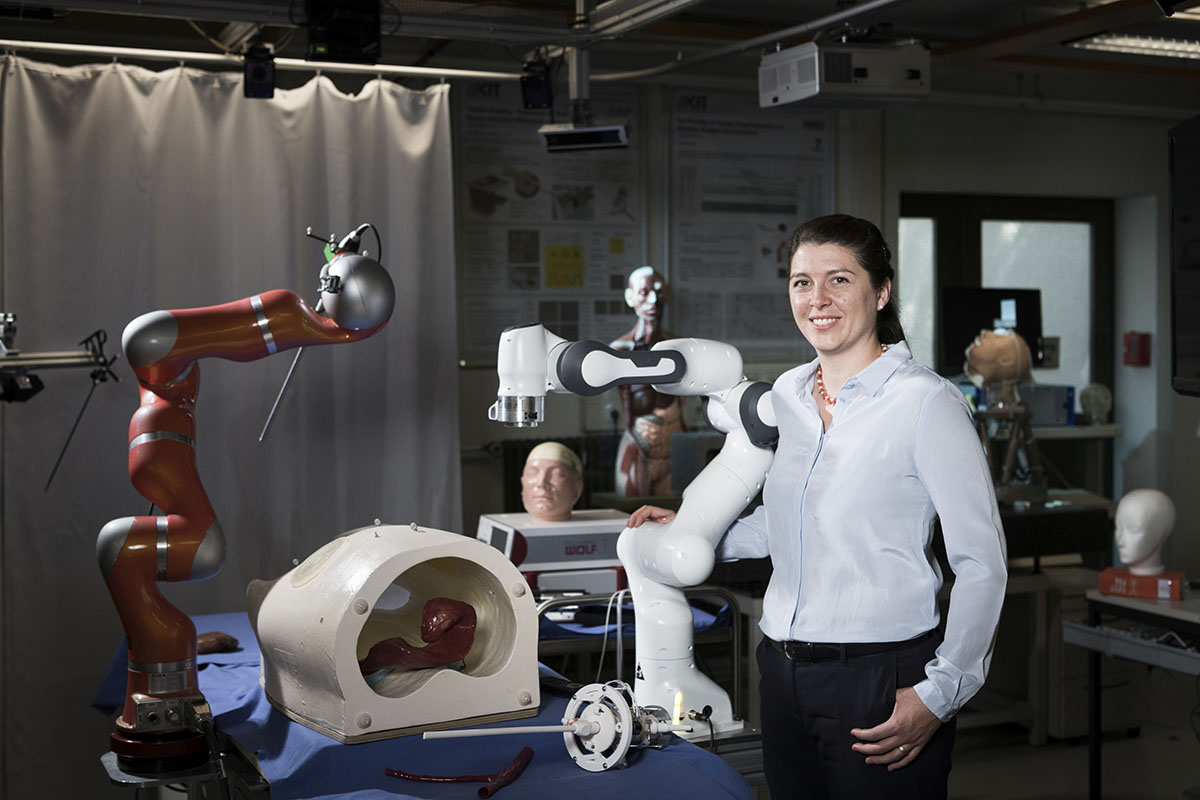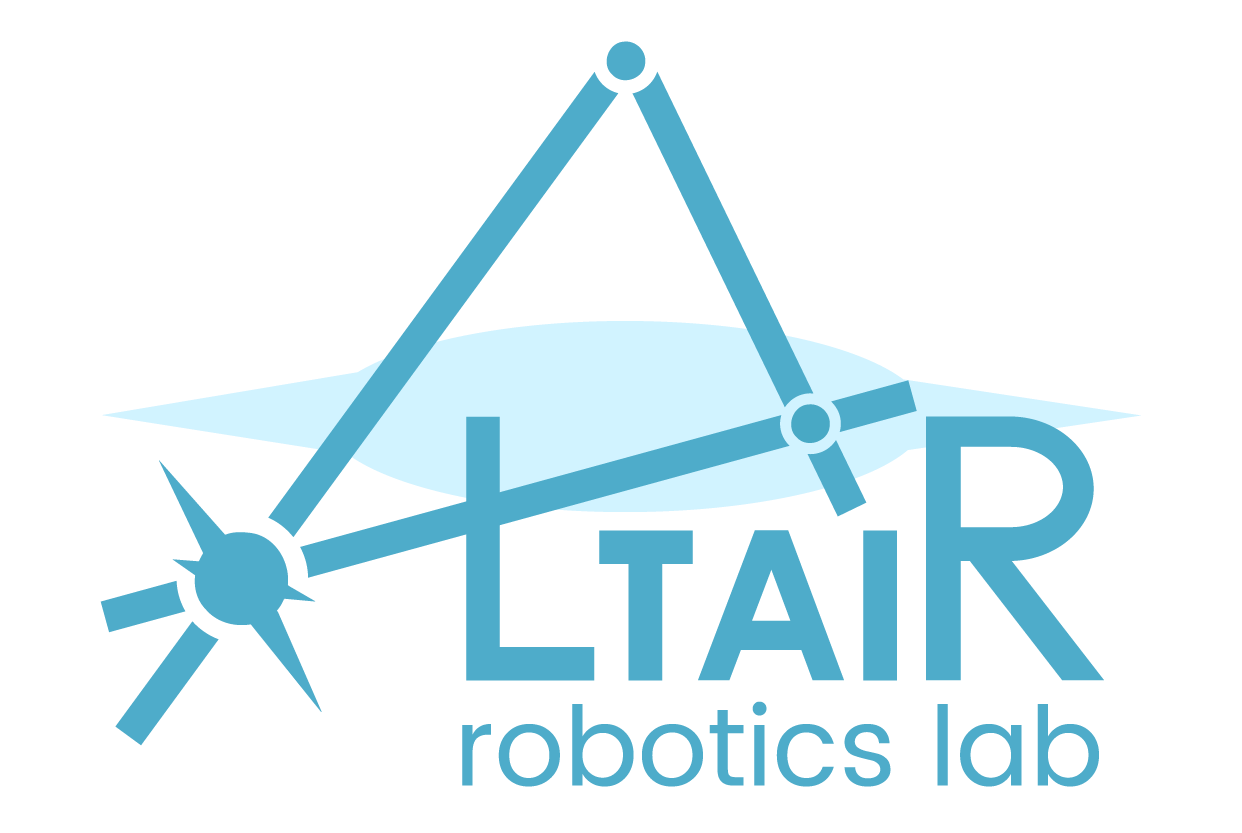Date: Friday 11 March 2022
Time: 11:00
Place: Aula Verde, Dip. Informatica
Speaker: Prof Franziska Mathis-Ullrich -Karlsruhe Institute of Technology
Contact Person: P. Fiorini
ABSTRACT
While human interaction remains key to a caring treatment, medical robotics holds the potential to improve surgical processes through enabling scaling of forces and actuation, providing safe and individual treatments to patients, and allowing for efficient use of health care personnel and resources. Machine learning algorithms and standardization of processes can increase the quality of medical diagnosis and treatments, particularly when analyzing large quantities of data. Technical and robotic systems can thus support the medical staff in all steps of a medical process.
This talk introduces several assistive robotic systems for minimally invasive surgical procedures being researched at the Health Robotics and Automation Lab at KIT, Germany. On one hand, we will discuss steerable flexible robotic tools for medical applications that require delicate tissue handling. On the other hand, cognitive robotic surgeons and augmented reality support in the operation room are presented for application in laparoscopy and neurosurgery.

Source: ClicKIT Magazine
BIO
Franziska Mathis-Ullrich is Assistant Professor for Medical Robotics at the Karlsruhe Institute of Technology (KIT) in Germany. Her primary research focus is on minimally invasive and cognition controlled robotic systems and embedded machine learning with emphasis on applications in surgery. She received her B.Sc. and M.Sc. degrees in mechanical engineering and robotics in 2009 and 2012 and obtained her Ph.D. in 2017 in Microrobotics from ETH Zurich, respectively. Since 2019, she has been an Assistant Professor with the Health Robotics and Automation Laboratory at KIT. Prof. Mathis-Ullrich is vice-president of the German Society for Computer- and Robot-assisted Surgery (CURAC) and has received the IEEE ICRA Best Paper Award in Medical Robotics (2014), the IEEE BioRob Best Student Paper Award (2016) and won twice with her team the first prize of the ICRA Microassembly Challenge (2014 & 2015). Furthermore, she made it onto the prestigious Forbes “30 under 30” list (2017).

